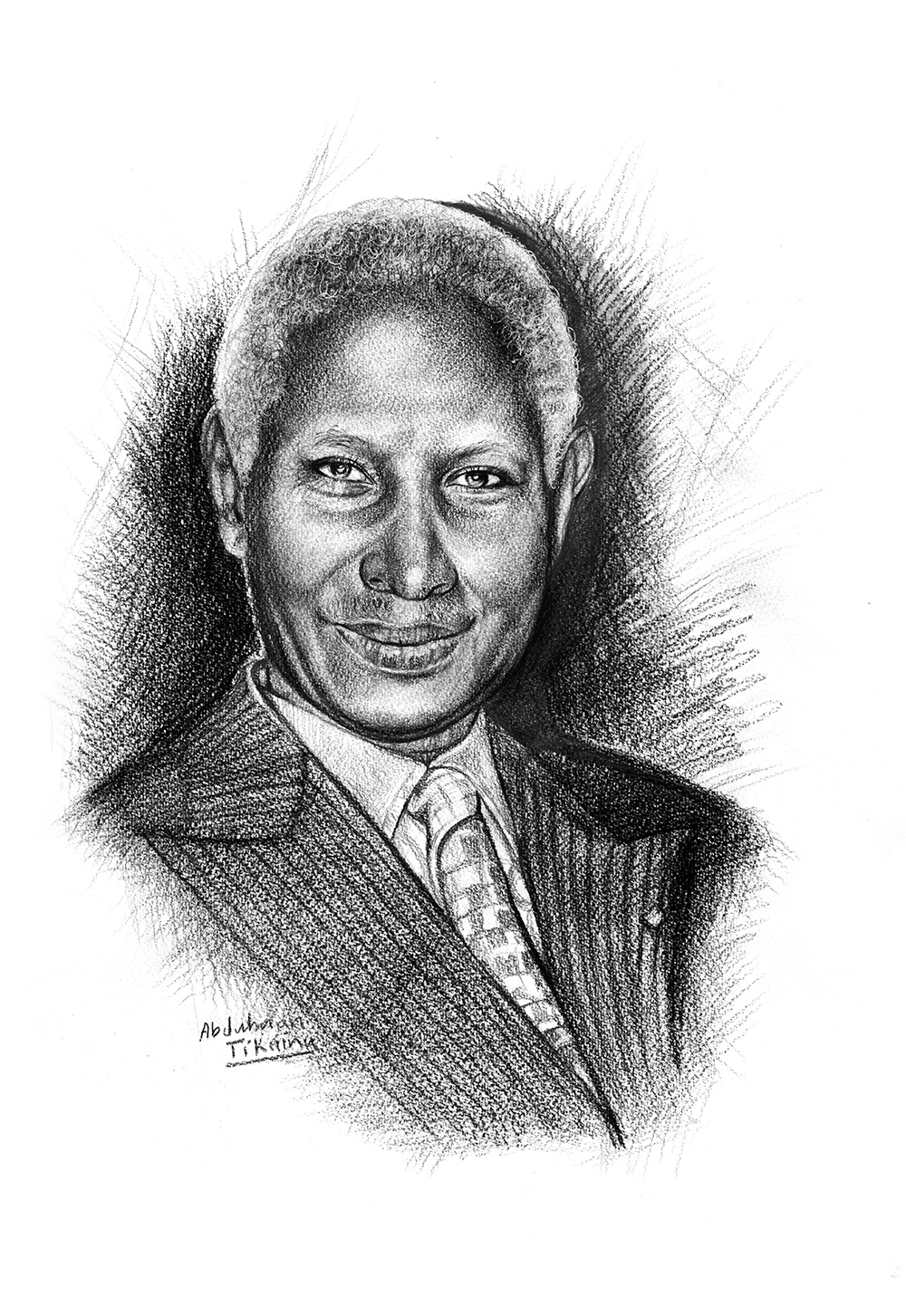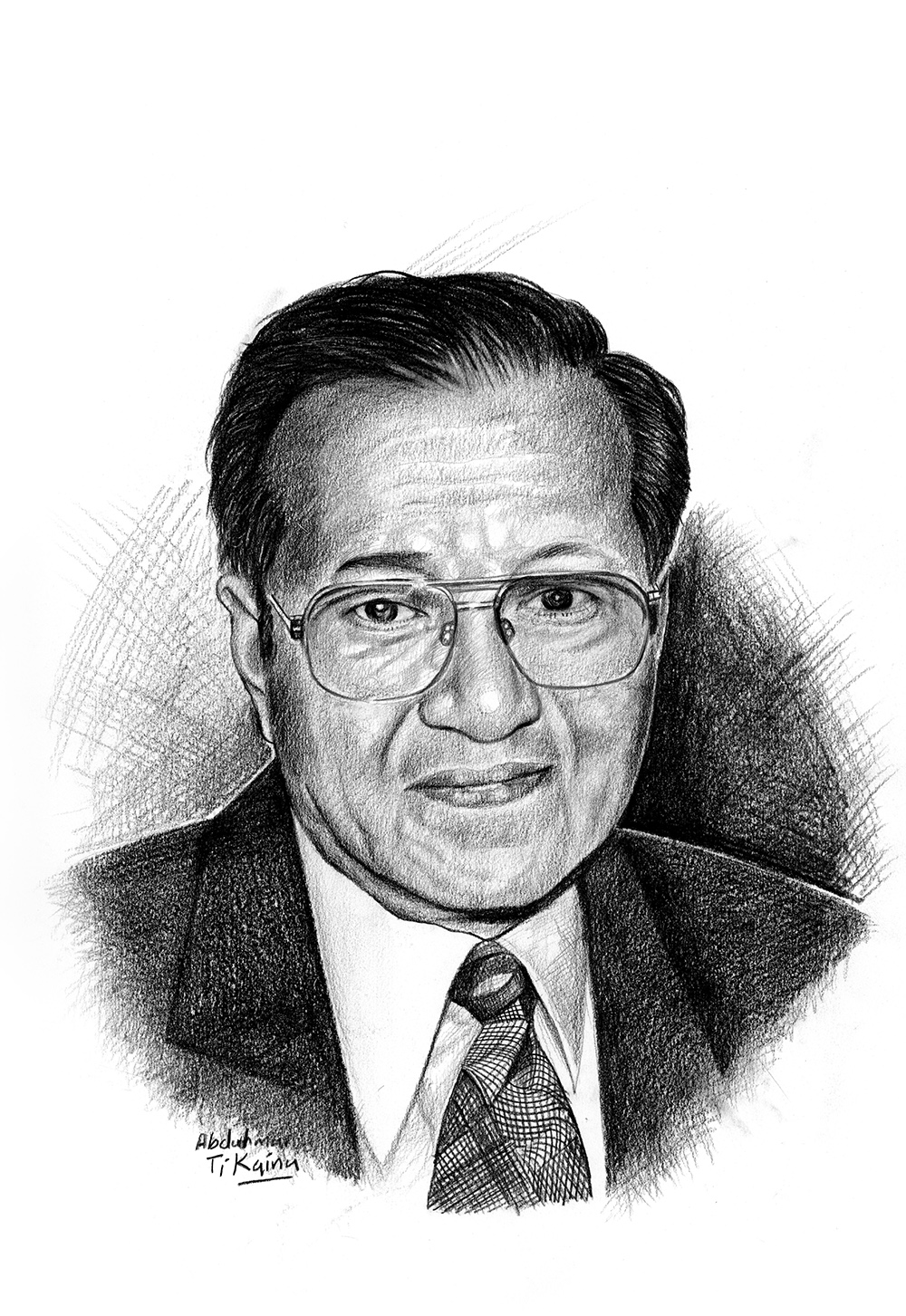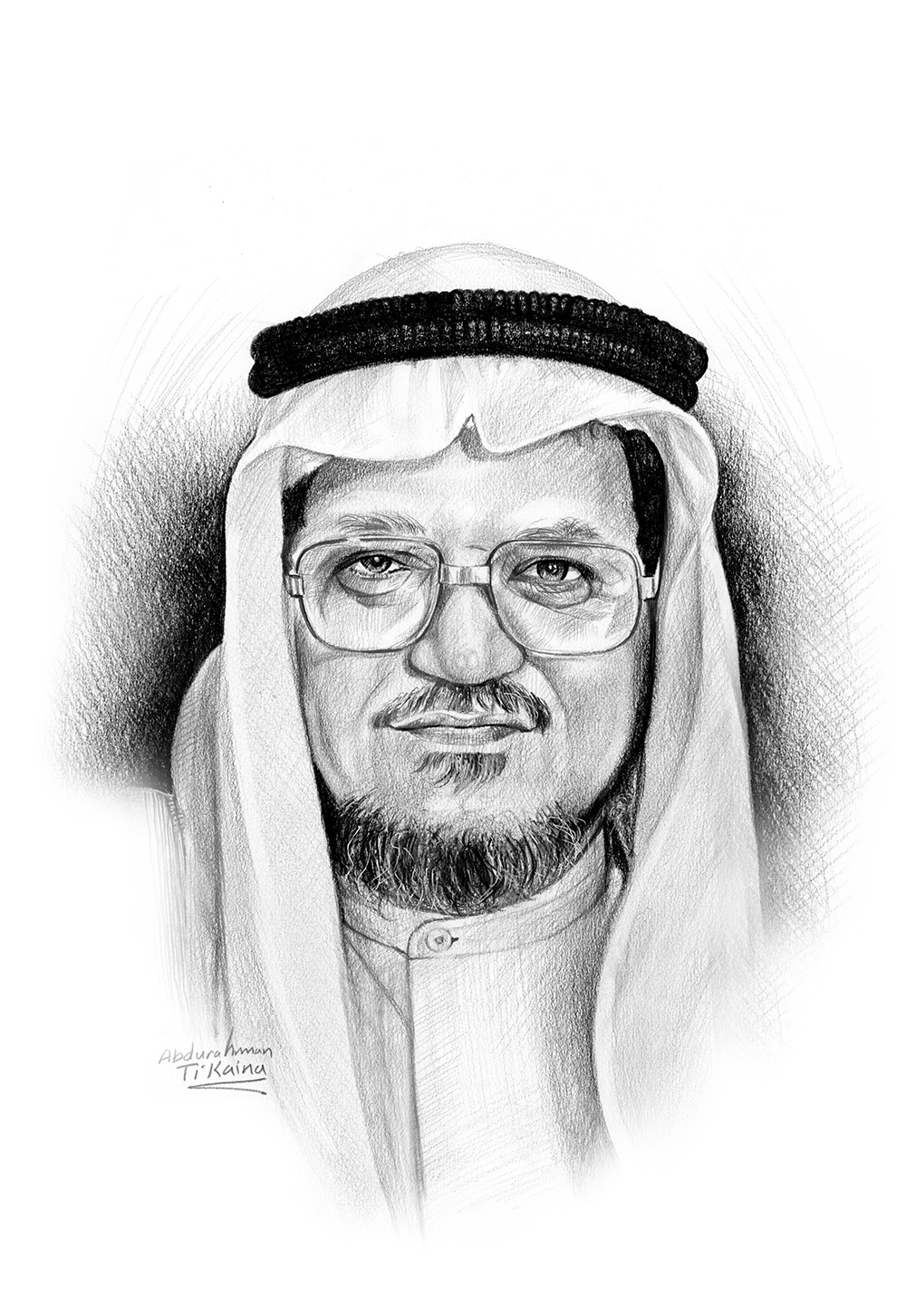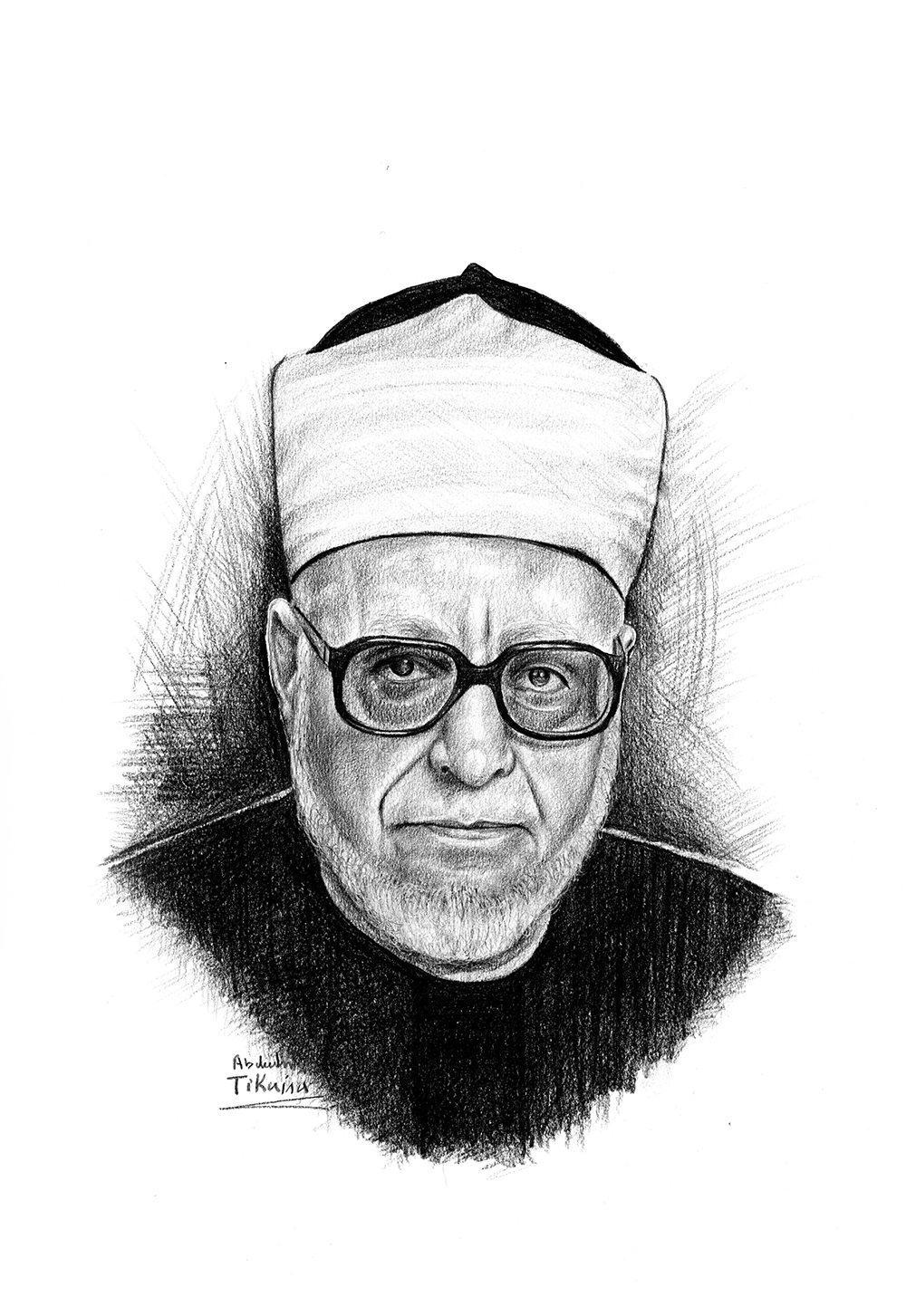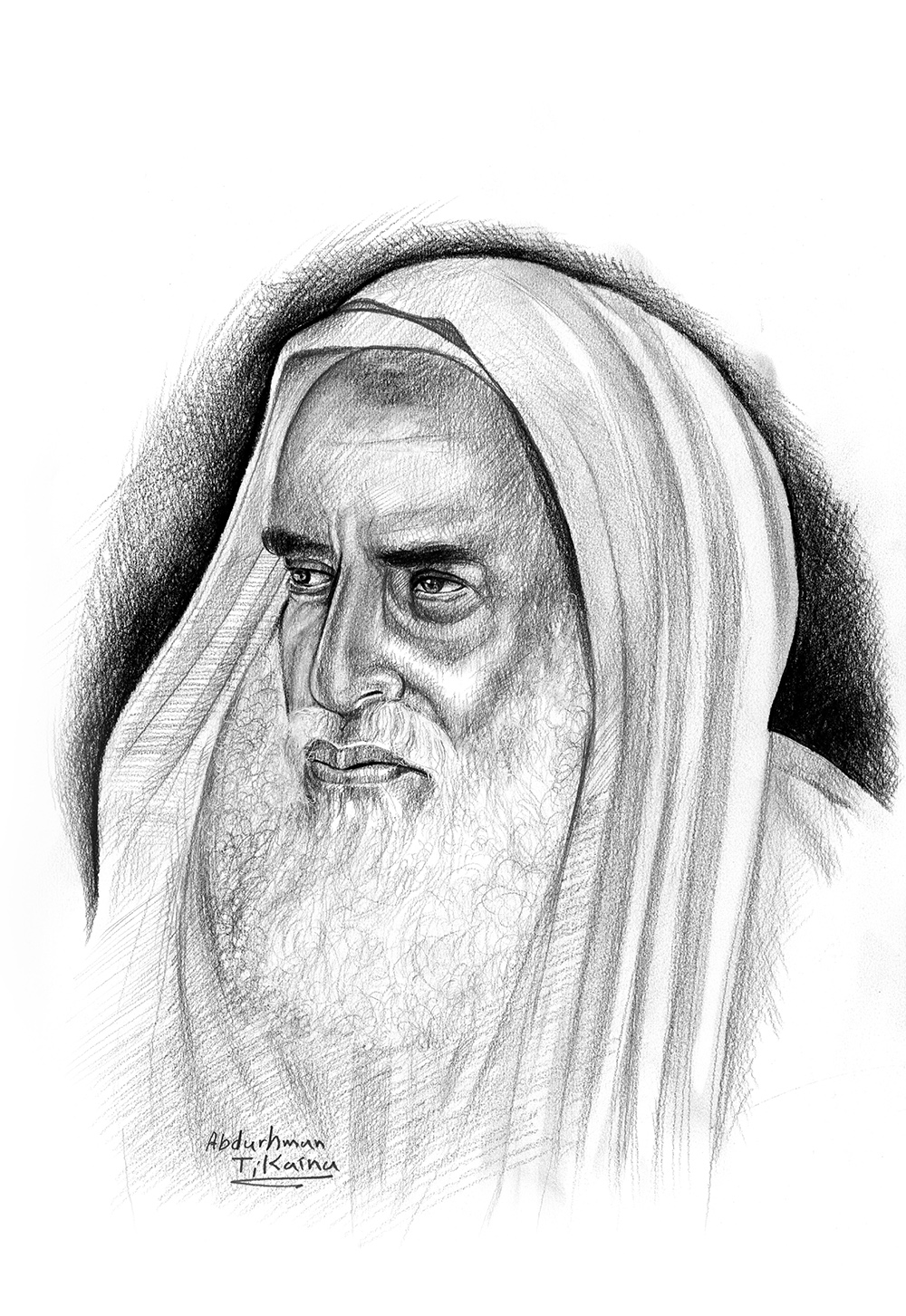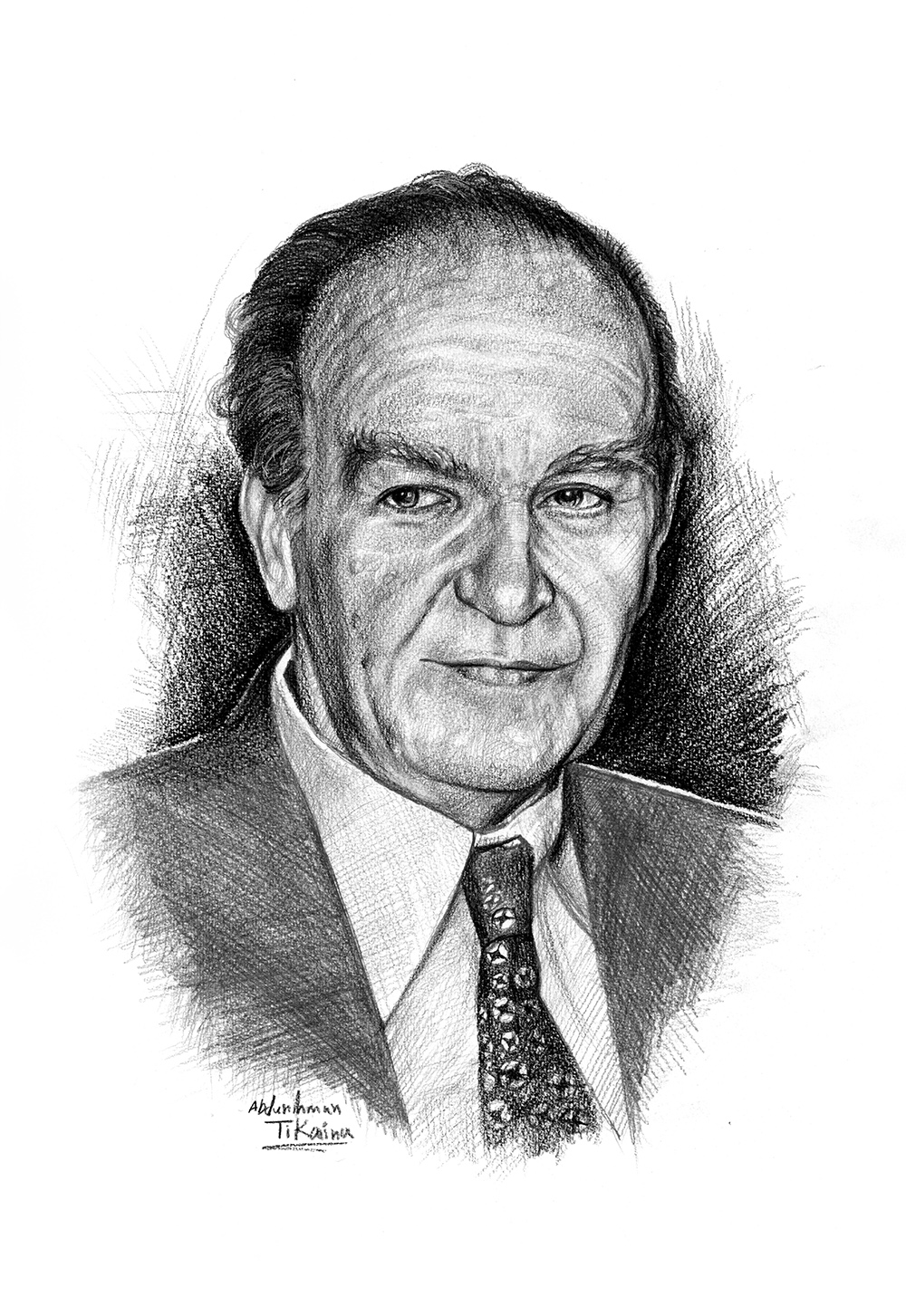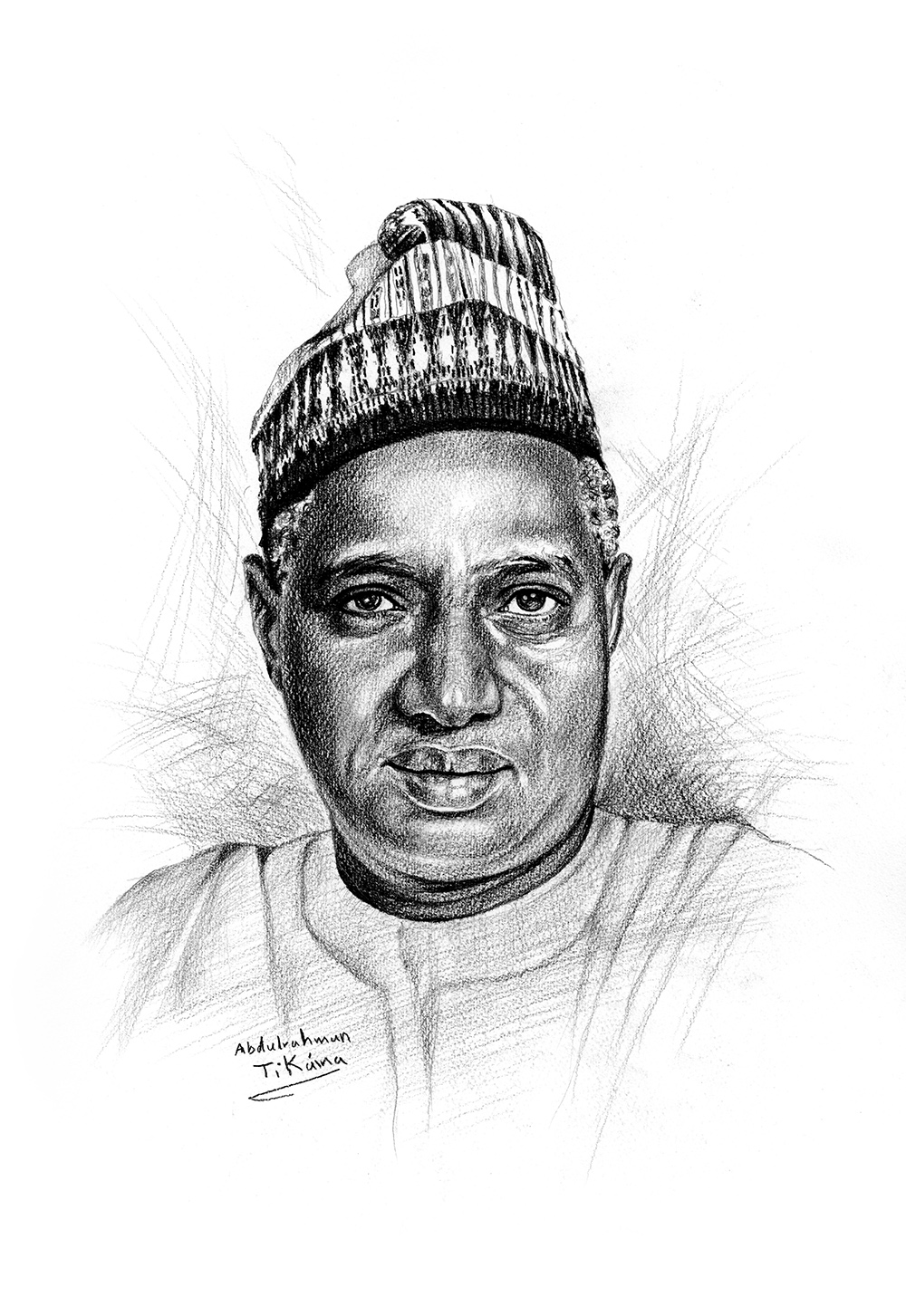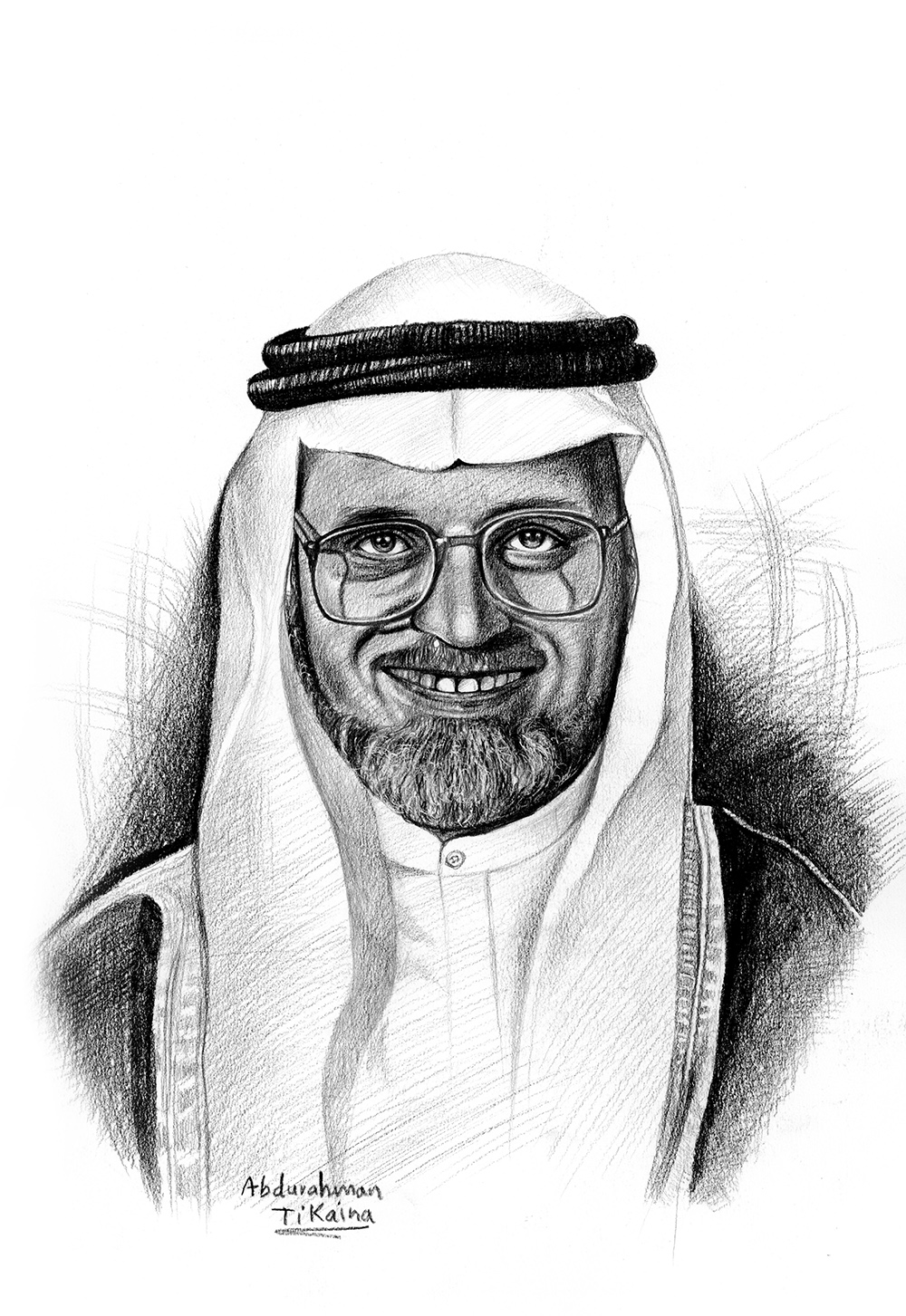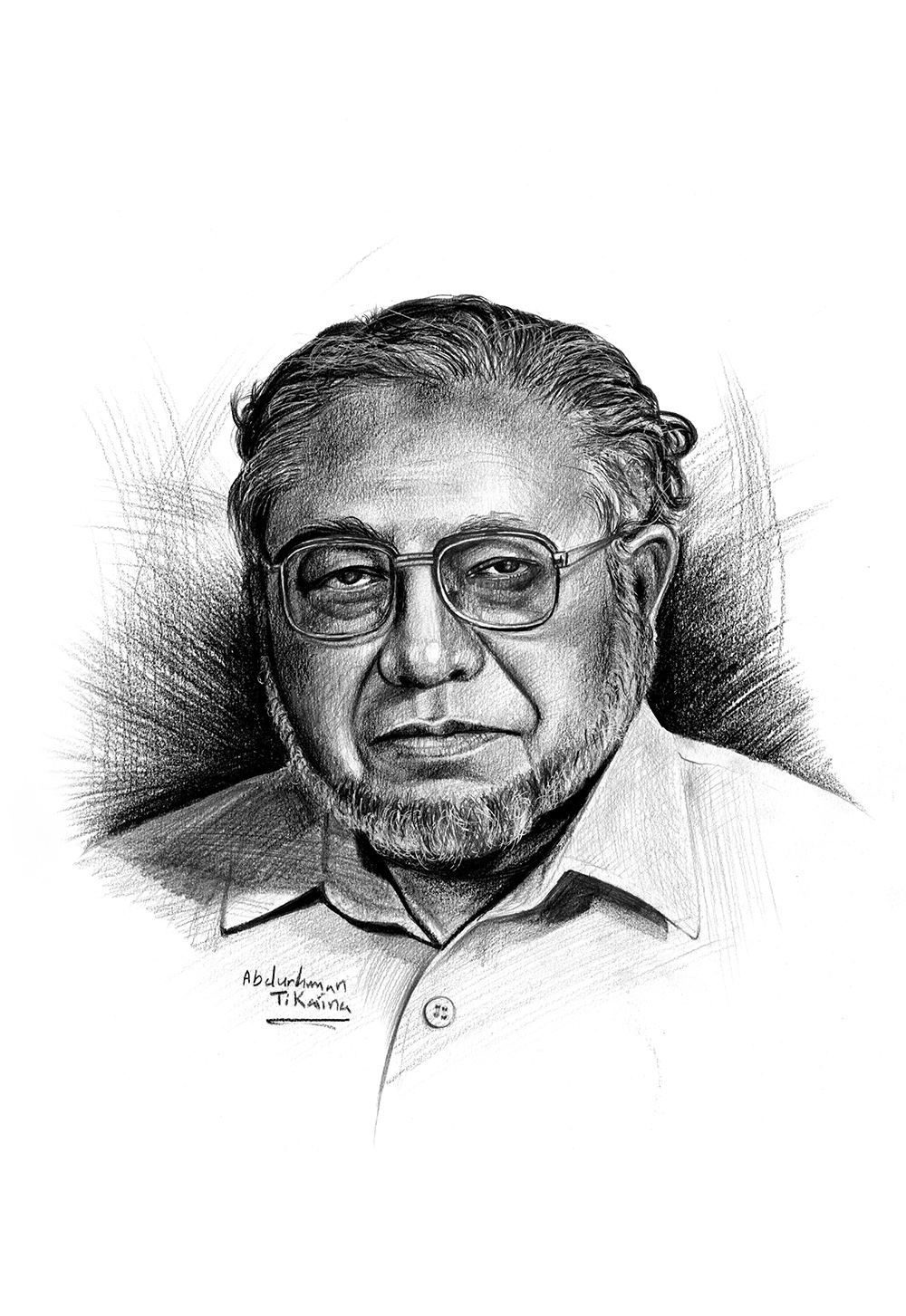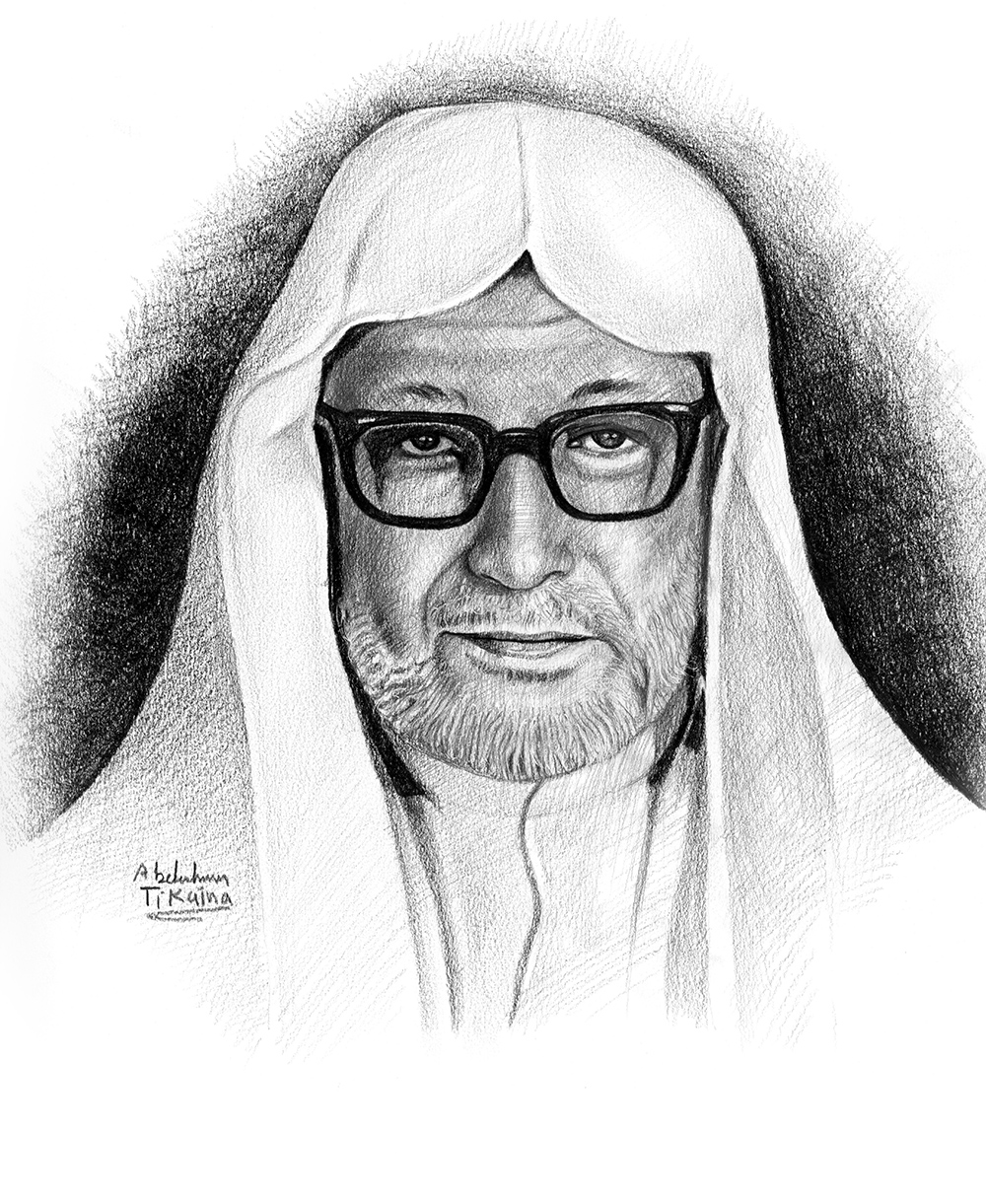Abdou Diouf completed his general education at the Lycee Faidherbe, studied Law at Dakar University, and Political Sciences and Law at the Sorbonne in Paris. He is a prominent African leader with an impressive record of achievements in terms of political and socio-economic development in Africa. He is also an ardent supporter of Islamic communities in Senegal and West Africa.
A protégé and close ally of Senegal’s Leopold Senghor, Mr. Diouf was entrusted with senior political positions after his return from Paris, including a governor’s position and three ministerial offices: Defense, Commerce, and Finance. He became Senegal’s Prime Minister from 1970-1980, and its first Muslim President between 1981-2000.
During his presidency, Mr. Abdou Diouf played a pivotal role in mending relations between Senegal and Mauritania following the 1989 hostilities between these two Muslim countries, and actively pursued cooperation between Senegal and the rest of the Islamic world. He encouraged the study of Arabic in Senegal with a view to enhancing the appreciation of Islamic writings.
Mr. Diouf received 11 honorary doctorates and several prestigious medals in recognition of his outstanding services to Senegal and other parts of Africa and the Muslim world.
This biography was written in the year the prize was awarded.

